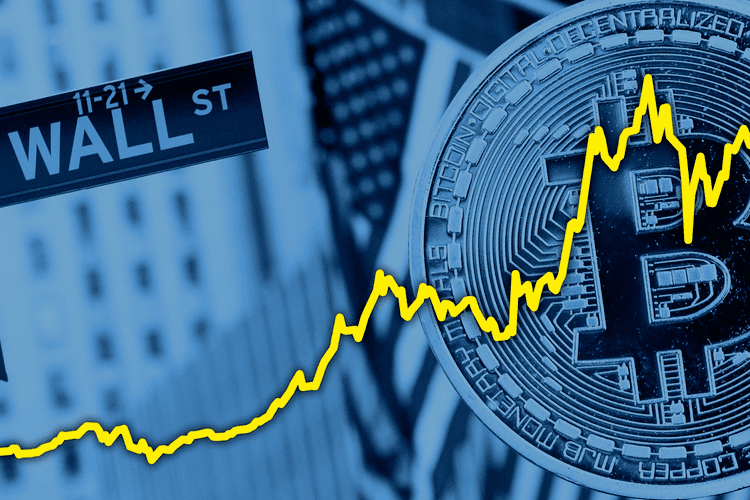Is Wall Street Behind the Times When It Comes to Cryptocurrencies?

In recent years, big banks' attitudes toward cryptocurrencies have shifted from cynical to moderately involved. However, Wall Street has yet to fully embrace digital currencies. Cryptocurrencies are no longer seen as a strange alternative investment, and central banks all over the world are debating issuing digital currencies. Bitcoin is now worth more than $50,000 per token, and Dogecoin, which began as a prank, has grown to become one of the most popular digital currencies.
Crypto on demand
Coinbase, a crypto trading site, went public last month with a value of about $100 billion. This should have served as a wake-up call for major banks, just as Netscape's IPO in 1995 did for the tech industry. One explanation for banks' reluctance is that cryptocurrencies are currently in regulatory limbo. The United States government, for example, has no control of what they are. They have so little oversight as currencies. They will, however, be subjected to a different degree of oversight as shares, such as stocks and other portfolios. The US Securities and Exchange Commission lodged a complaint against Ripple and its leadership in December 2020 for allegedly trading unregistered securities worth $1.3 billion in the form of its cryptocurrency XRP.
The pending case assumes that XRP is a security rather than a currency, so securities law does not apply otherwise. Ripple is adamantly opposed to the moniker. Cases like this, along with the significant legal ambiguity around other major cryptocurrencies, make it difficult for banks, which are heavily regulated, to get interested.
"Unquestionably, the Ripple action exemplified the regulatory black cloud that could theoretically hover over cryptos other than Bitcoin and Ether," said Ashley Ebersole, a lawyer at law firm Bryan Cave Leighton Paisner and a former SEC attorney.
Bitcoin and Ether, Ethereum's currency, are now so big and decentralized that no amount of individual marketing will make a difference in their trading, according to Ebersole. Companies interested in jumping on the blockchain bandwagon are wary of regulatory ambiguity. Banks, on the other hand, will almost certainly be willing to join in the future. Goldman Sachs (GS) officially reopened its crypto trading desk in March and will shortly sell crypto investments to its private wealth management customers. On the company's earnings call in April, Goldman Sachs CEO David Solomon said that the rapid growth of cryptocurrency signals "massive uncertainty and improvement in the way capital flows around the world."
Meanwhile, JPMorgan (JPM) Co-President Daniel Pinto said that if client demand for cryptocurrency continues to rise and the asset class continues to expand and thrive, banks will be unable to remain on the sidelines. Big Wall Street names, to be sure, have already profited from the most recent bout of crypto-mania. For eg, Goldman Sachs was the lead bank for Coinbase's direct listing, which means the firm received the highest fees for its investment banking activities.